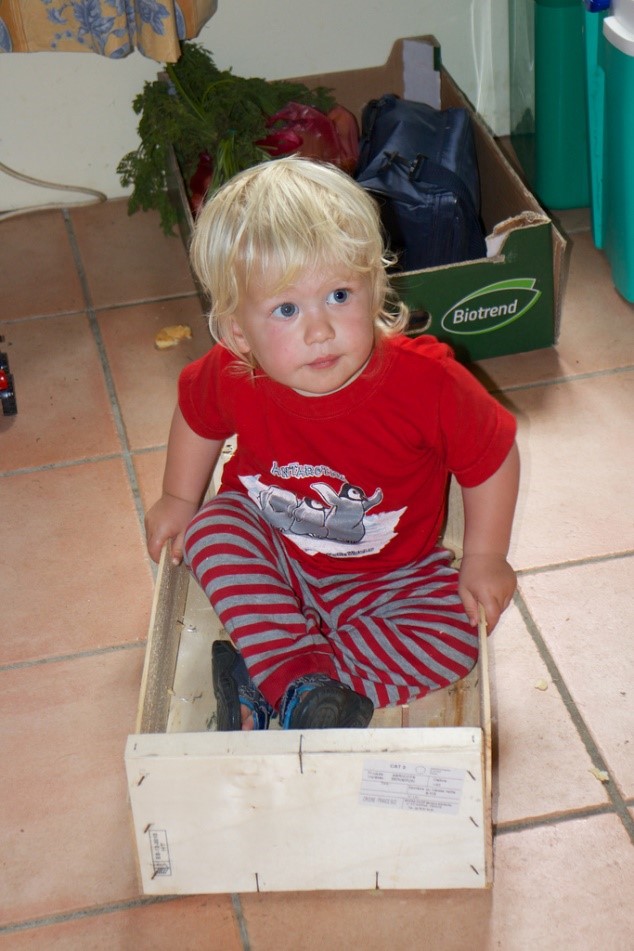Thinking Outside of the Twin Box

I was reminded the other day of how often we presume that a twin’s challenges are related to the twinship. A mom of five-year-old identical twin boys recently asked me for advice about one son’s behavior. She told me that her son, whom I shall call Alfie, had recently been complaining that he did not want to go to school. Alfie and his brother, Aaron, were in separate classes at the same preschool. Their mother wondered if putting them back together in kindergarten next year would ameliorate Alfie’s difficulties.
Alfie’s teacher told the mom that he sometimes had trouble controlling himself during nap time—he wanted to talk to his friends during the rest period. The teacher also commented that he seemed a bit distracted. Other than that, Alfie was doing very well academically and socially.
Alfie and Aaron were preemies, but they are both developing beautifully. Their mom’s first instinct upon learning about Alfie’s challenges was to blame herself for possibly separating the twins too soon. Since Aaron is the more outgoing of the two, the mom reasoned that keeping the boys together would be beneficial for Alfie.
As the mother and I discussed the possible explanations for Alfie’s not wanting to go to school, it became evident to both of us that not liking school was not the real issue. Sometimes a child’s presenting complaint stems from other underlying concerns. The mom described Alfie as the twin who is accustomed to getting more of her attention. Aaron is more apt to go with the flow. As the mom and I talked further, she related that she was out of town frequently in the last few months due to work. The more we attempted to flesh out the problem, the more we realized that Alfie’s not liking school was his way of telling his mom that he needed more time with her.
I told the mom that unless the situation was dire, putting the boys back together in the same classroom would send an unhealthy message. It would signify to Aaron that he needs to take care of Alfie and make Alfie that if his loved ones do not think he is capable of managing on his own. The mother wholeheartedly agreed and mused about how hastily she concluded that the twin connection was the problem as well as the panacea.
Since Alfie was very happy at school and mainly complaining about it to his mom, she decided to alter a few things at home to spend more time with him in the mornings and hopefully arrange a few playdates just for him. In circumstances like these, one should think of each twin as a singleton. Getting into that mindset helps to make sense of the behavior within a nontwin context. It is helpful to remember to think outside of the twin box when examining the behavior of one or both twins.
Image courtesy of Richard Leeming (CC BY-SA 2.0)

